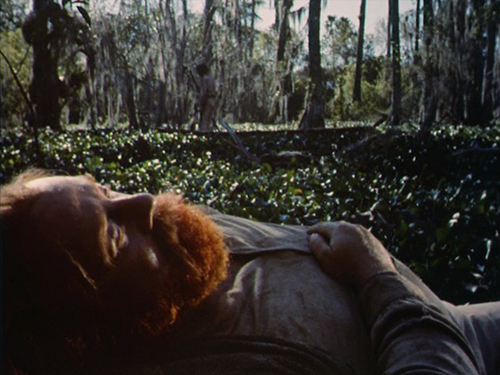
There is no essential form or content to cinephilia, but maybe there is something like an essential cinephile process or gesture. Let me put it this way: cinephilia is a war machine; a tactical, cultural war machine. Always a different war, and always a different machine, depending on where and when you are, who you’re fighting with, and what you’re fighting against. In this sense, everything that people have said about cinephilia – that it’s melancholic or surrealist or whatever – can be true, if it fits the particular piece of cinephile history, and if you can tell that story well, if you can give it a mobilising energy.